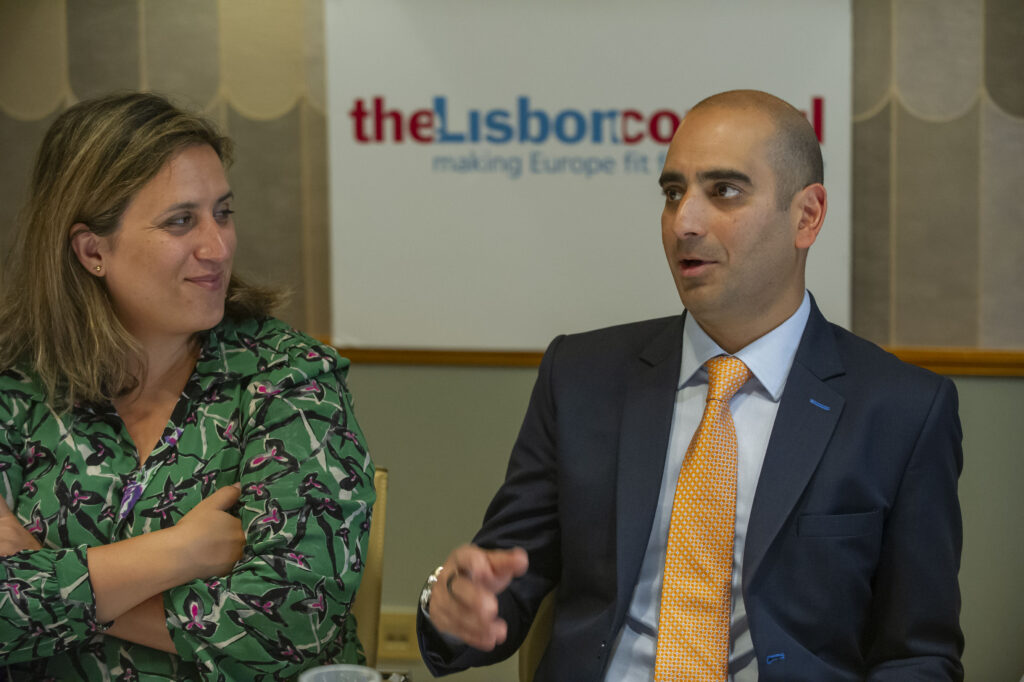June 2025
The Future of Digital Advertising

Digital advertising plays an important role in European companies’ competitiveness and consumers’ convenience. But it also raises persistent concerns that consumers’ personal data could be abused to take advantage of them. The European Union has put in place several measures to avoid abuse, from the general data protection regulation to the digital services act in 2022. Now, it is moving forward with the digital fairness act, which is expected for mid-2026. It is crucial that the act is designed in a way that provides genuine empowerment for consumers while not hindering their convenience or the competitiveness of European companies.
As the consultation on the digital fairness act is imminent, the Lisbon Council convened the High-Level Working Lunch: Europe’s Competitiveness and Digital Advertising: Balancing Opportunities and Risks, an invitation-only forum for policymakers, industry leaders and experts to discuss how Europe can protect consumers while preserving a competitive digital economy.
Keerat Sharma, vice-president of ads privacy and safety at Google, opened the conversation and shared Google’s vision on the future of the ads ecosystem and presented new economic impact data from recent reports. Maria-Myrto Kanellopoulou, head of unit, consumer law, directorate-general for justice and consumers, European Commission, offered her policy perspective on the evolving regulatory landscape, highlighting both the benefits and challenges for consumers. Immediately after, high-level participants heard from Maryant Fernández Pérez, head of digital policy, European Consumer Organisation (BEUC) who highlighted concrete, real-world concerns and priorities of European consumers.
Other outstanding participants also included Peter Craddock, partner, data, cyber and tech law, Keller and Heckman; Victoria de Posson, secretary general, European Tech Alliance; Natascha Gerlach, director for privacy policy, Centre of information Policy Leadership; Enrico Girotto, director for public affairs, Federation of European Data and Marketing (FEDMA); Constantin Gissler, director general, DOT Europe; Horst Heitz, executive director, SME Europe; Daniel Knapp, chief economist, IAB Europe; Eglė Markevičiūtė, EU affairs manager, Consumer Choice Center Europe; Fausto Matos, policy assistant and member of the cabinet of Executive Vice-President and Commissioner Henna Virkkunen; Vasco Pereira Da Silva, head of policy, Allied for Startups; Konrad Shek, director, public policy and regulation, Advertising Association; and Denis Sparas, deputy head of unit, digital markets, directorate-general for communications networks, content and technology, European Commission.